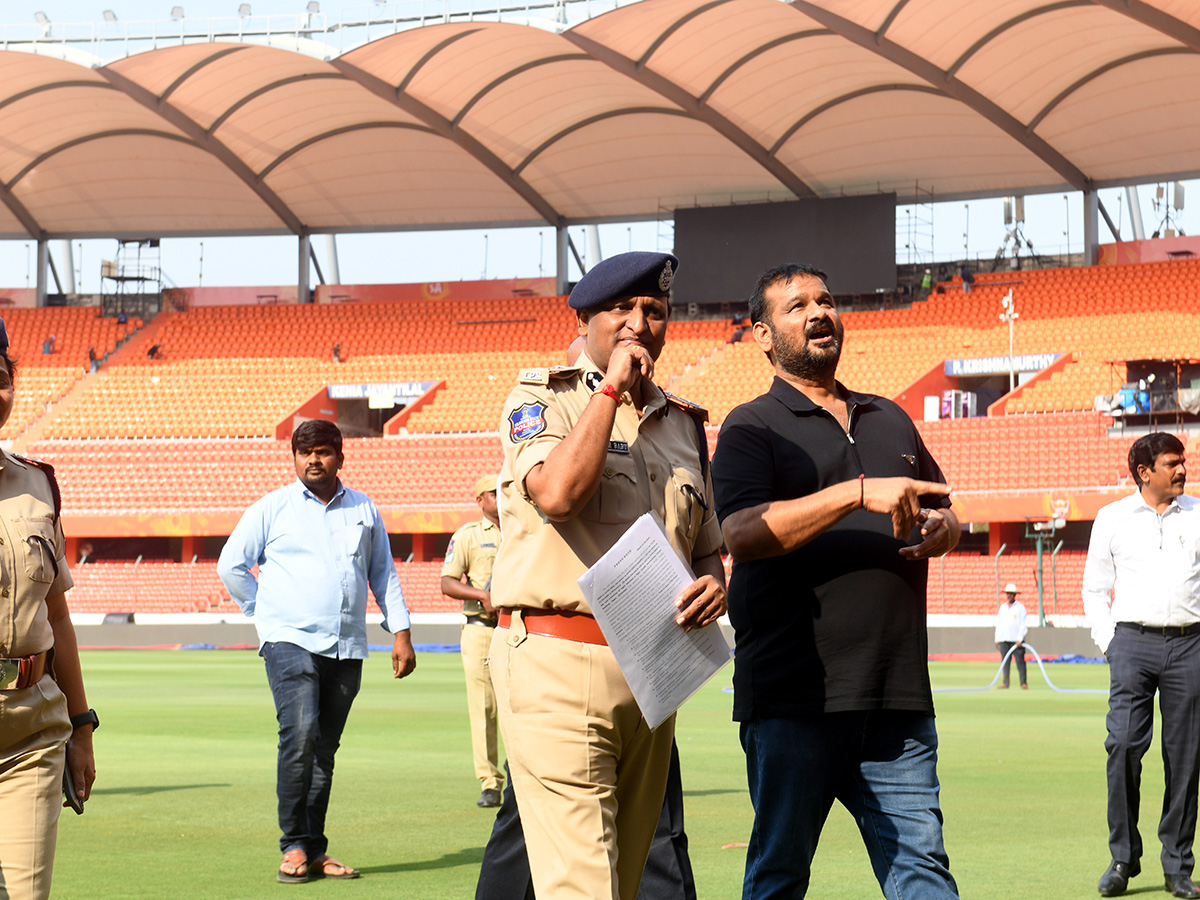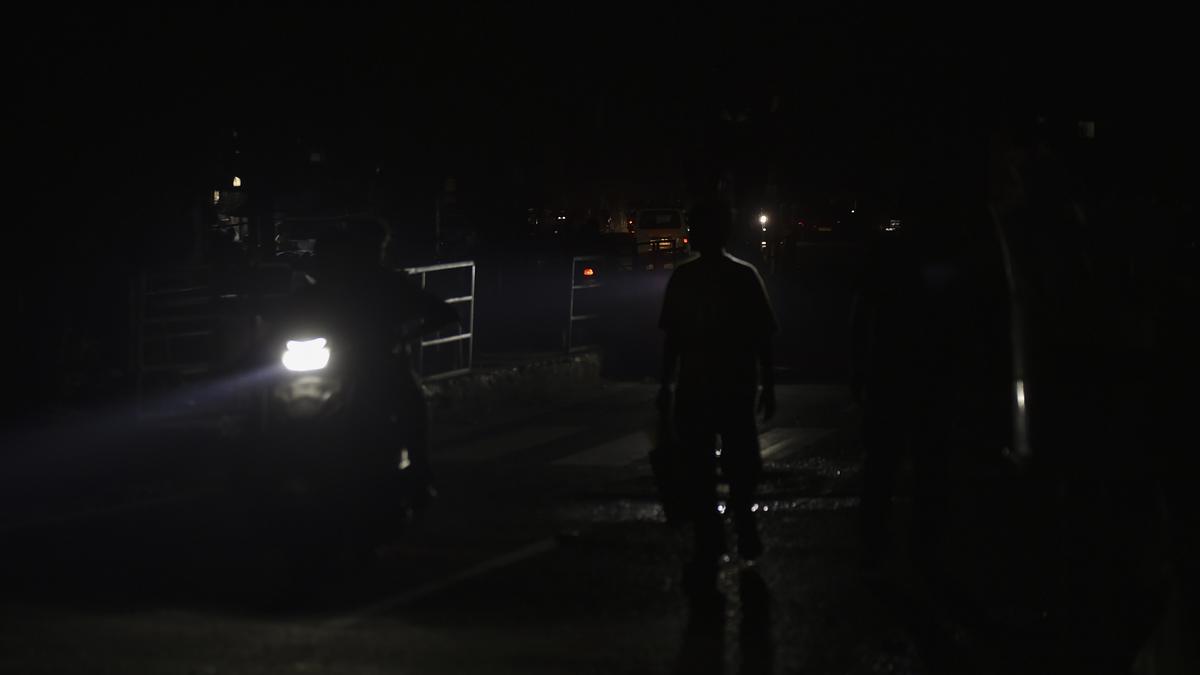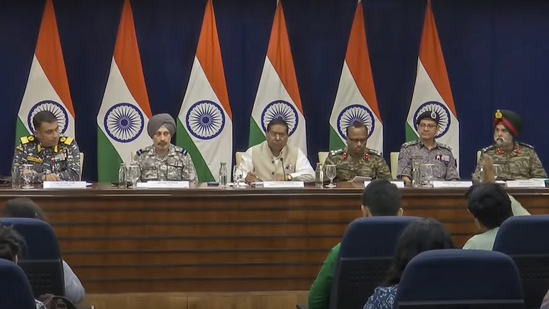Massive Drone Attack Unleashed Across the LoC
In a night that redefined the scale and nature of border confrontations between India and Pakistan, Pakistani forces launched a swarm of 400 drones, targeting Indian positions from the icy heights of Siachen to the marshes of Sir Creek. The drone blitz, carried out using Turkish Songar UAVs, marked a dramatic escalation in Pakistan’s military posture.
According to India’s Ministry of Defence, Indian air defence systems successfully neutralized the vast majority of the drones, preventing significant damage or casualties. The use of such a large drone fleet is being seen as a serious attempt to overwhelm India’s multi-layered air surveillance.
India Hits Back: Pakistani Radar Site Obliterated
India’s response was both swift and surgical. Within hours, Indian armed drones were deployed to strike four Pakistani military targets, including air defence systems. One drone successfully destroyed a critical air defence radar inside Pakistani territory, severely impairing their aerial tracking and defence infrastructure.
Wing Commander Vyomika Singh, speaking at a joint press briefing, stated, “India reserves the right to respond to threats decisively. Our retaliatory drone strikes were executed with pinpoint accuracy.”
Foreign Secretary Vikram Misri added that India had shared evidence of Pakistan’s drone aggression with international partners, highlighting the external origin of the UAVs used.
Kashmir Border Towns Suffer as Shelling Intensifies
While drone attacks unfolded in the skies, Pakistani artillery units intensified cross-border shelling across several vulnerable sectors in Jammu and Kashmir. Towns including Tangdhar, Uri, Mendhar, Rajouri, Akhnoor, Poonch, and Udhampur were targeted in the onslaught.
Local administrations worked overnight to move families to shelter camps, as Indian forces returned fire to silence Pakistani gun positions. Eyewitnesses reported homes damaged and schools closed, with fear and uncertainty gripping border villages.
Turkish Technology and Pakistan’s Drone Arsenal
The attack has once again placed the spotlight on the growing Pakistan-Turkey military partnership. The Songar drones, manufactured by Turkish firm Asisguard, are compact aerial platforms capable of firing mounted rifles and conducting autonomous strikes.
Defence experts are calling for a review of drone import regulations and export ethics, especially in volatile regions. The international community is expected to weigh in on the implications of such cross-border drone warfare.
India’s Defence Leadership in Crisis Mode
Following the escalation, Prime Minister Narendra Modi and Defence Minister Rajnath Singh held a series of emergency meetings with Chief of Defence Staff General Anil Chauhan and the chiefs of the three armed forces. The discussions focused on India’s strategic and tactical response, and preparations to handle further escalation if needed.
The Ministry of External Affairs (MEA) also condemned the attack and called it a “reckless provocation,” urging Pakistan to cease hostile actions immediately.
India’s Preparedness: Technology Meets Resolve
This is the first time India has responded to a drone swarm with an offensive drone strike of its own, marking a significant leap in military preparedness and technological adaptation. India’s growing drone capabilities, including indigenous UAV development, have clearly played a critical role in the successful counteraction.
The Defence Research and Development Organisation (DRDO) and private drone tech startups are likely to see a boost in demand for anti-drone systems and attack drones, as India moves to fortify its northern and western borders against future threats.










